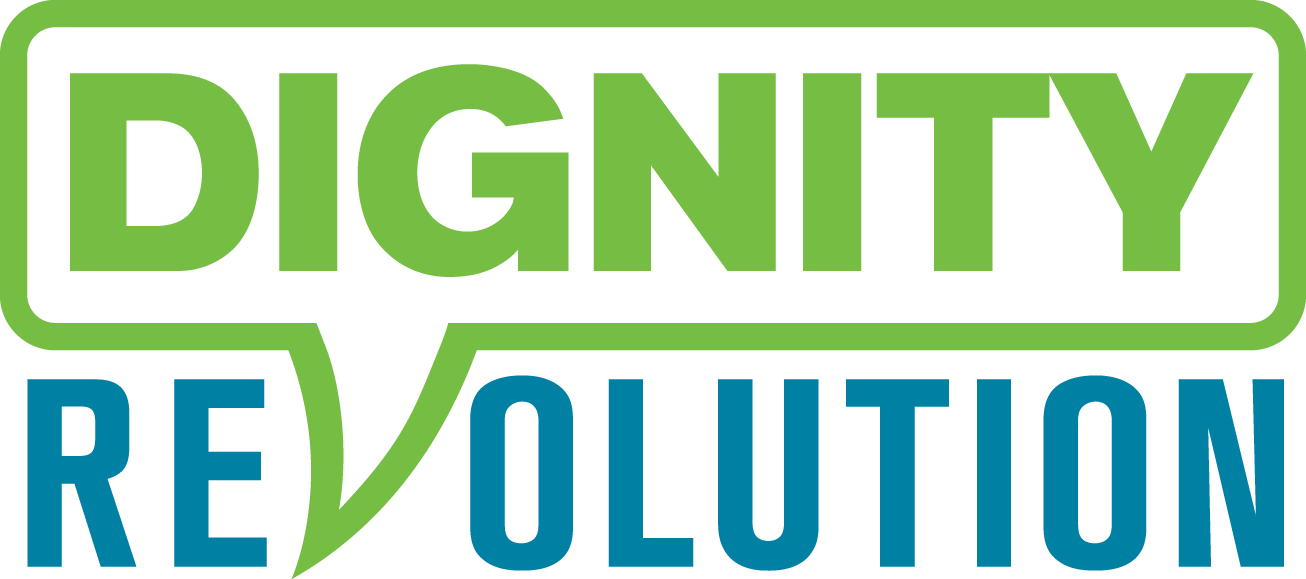During the COVID-19 Pandemic, it’s been important for us to socially distance in order to keep ourselves and our communities safe. However, doing so has led to an increasingly high rate of individuals feeling isolated and lonely. Some might say “Why care about isolation and loneliness when there are thousands dying from this disease?” While this is 100% valid, it’s important to recognize that these repercussions of COVID are also incredibly important, as loneliness and isolation have proven to have both physical and mental impacts.
However first, it’s important to distinguish how social isolation differ from each other. Loneliness is defined as the subjective feeling of being lonely, whereas social isolation is defined as the lack of social relationships and social contact. People can feel lonely but not isolated, and people can be isolated but not feel lonely. The two are not synonymous, but can have similar effects.
Social isolation can have both mental and physical health implications, ranging from lack of sleep, to reduced immune function, to increased risk for heart disease. Loneliness can have risks such as depression, substance abuse, and overeating.
If you are experiencing loneliness or social isolation, it’s important to know that there are ways to get help. If you’re avoiding in-person contact in order to stay safe, there are options that can help you gain social interaction, such as online book clubs or virtual community groups. Additionally, if this loneliness and isolation has reached a point where you feel like you can’t get better yourself, ask for help. Reach out to a trusted adult or a medical professional, and they will be able to get you connected to resources that can provide you the support you need.
By Lexi Breunig

